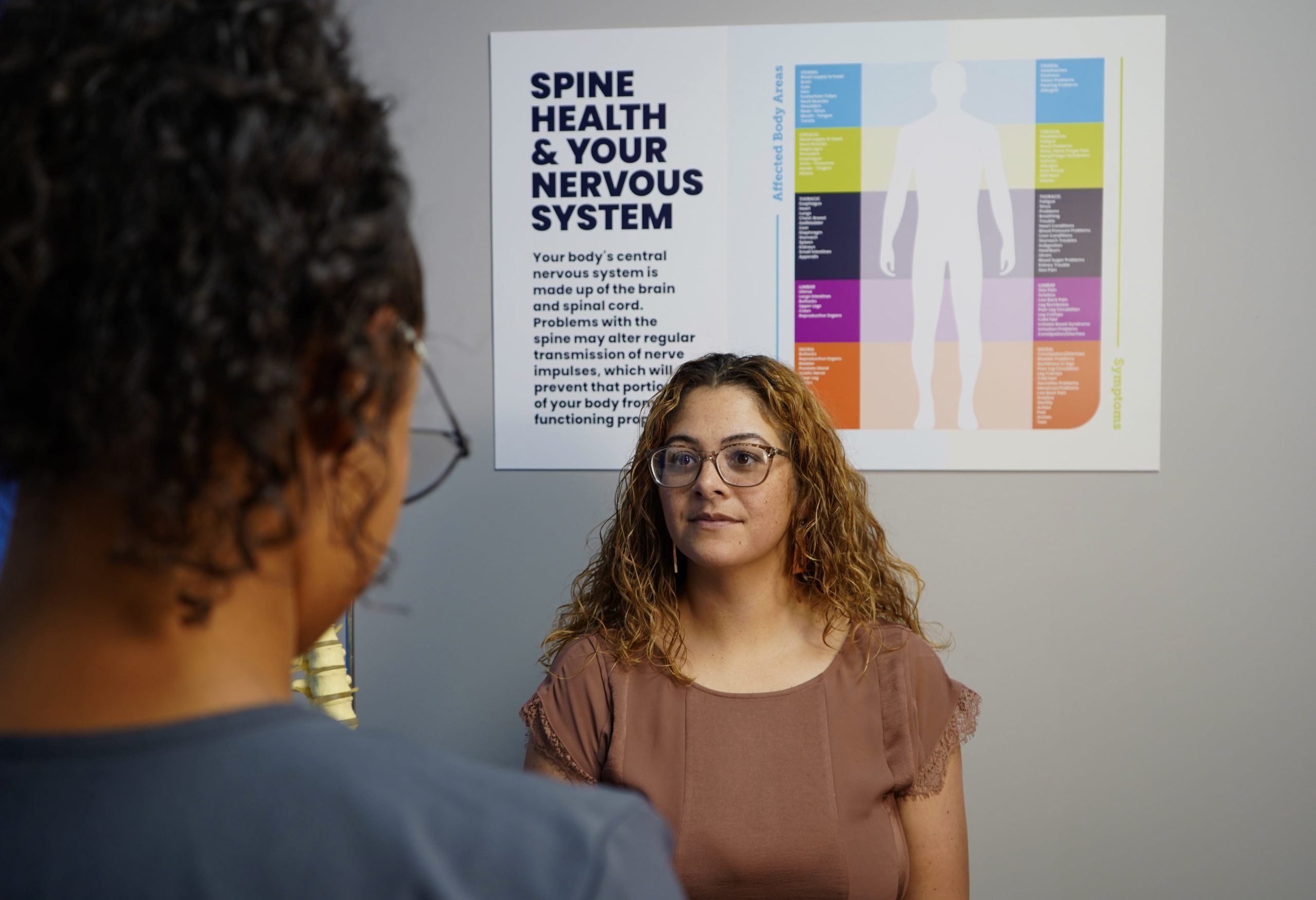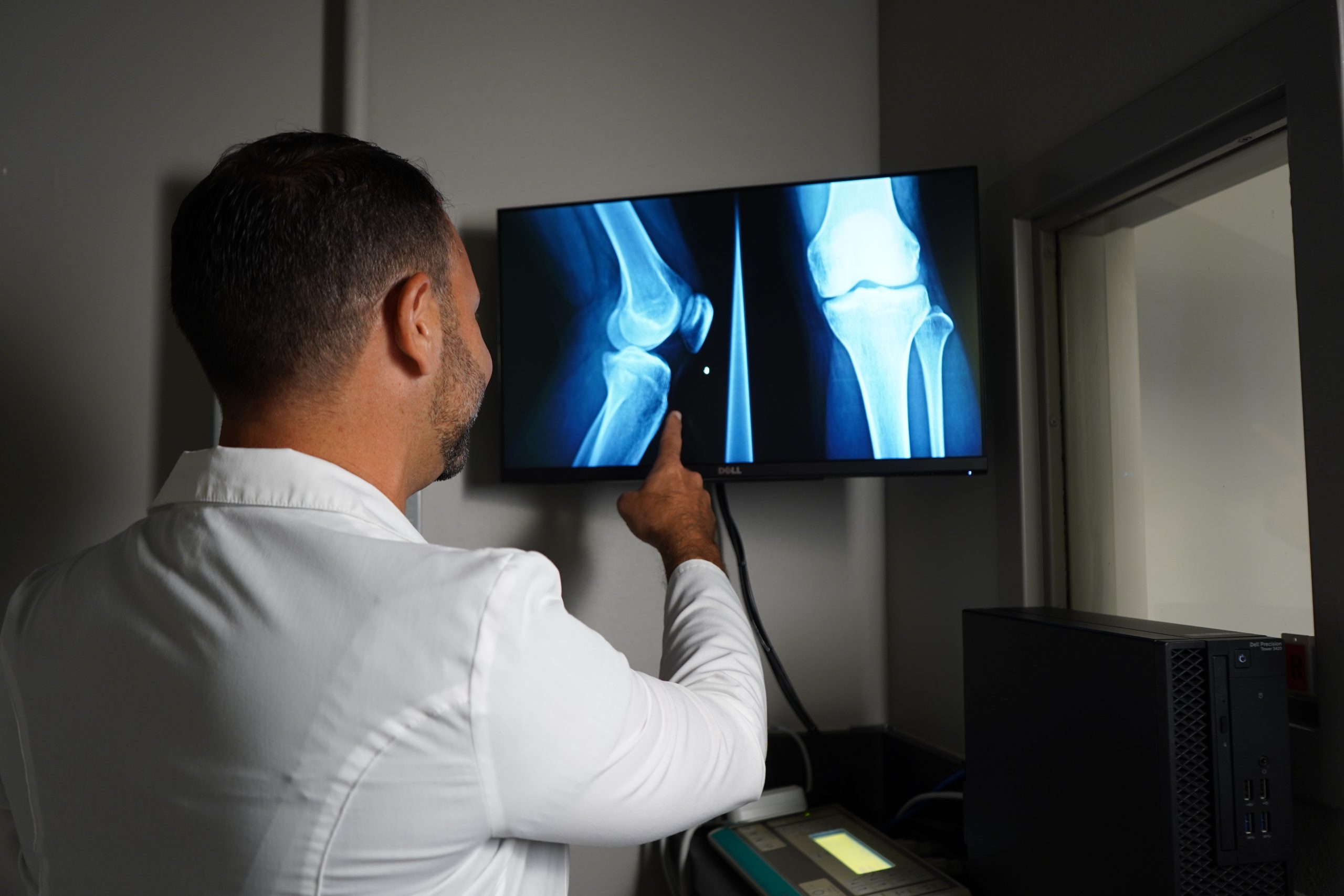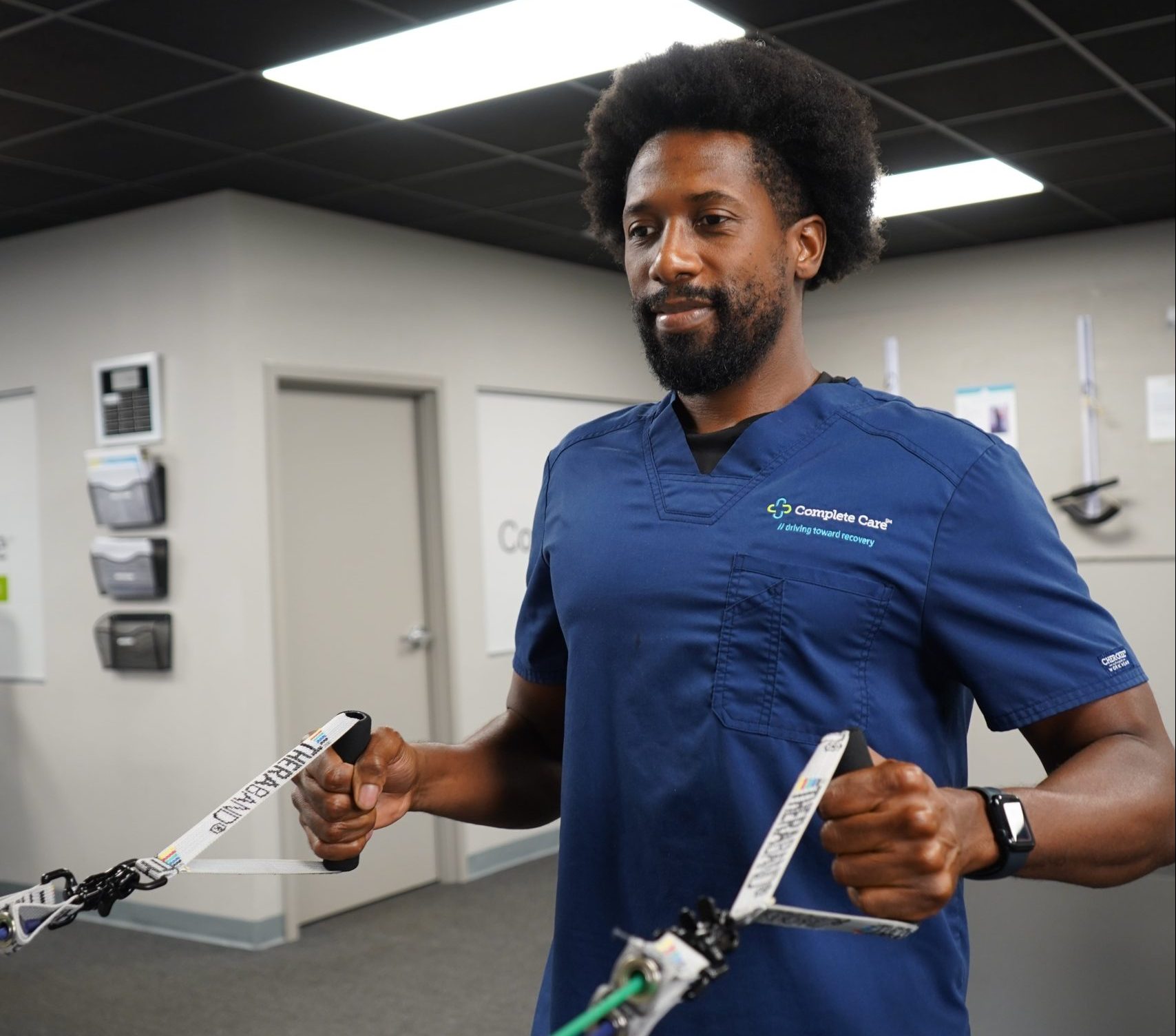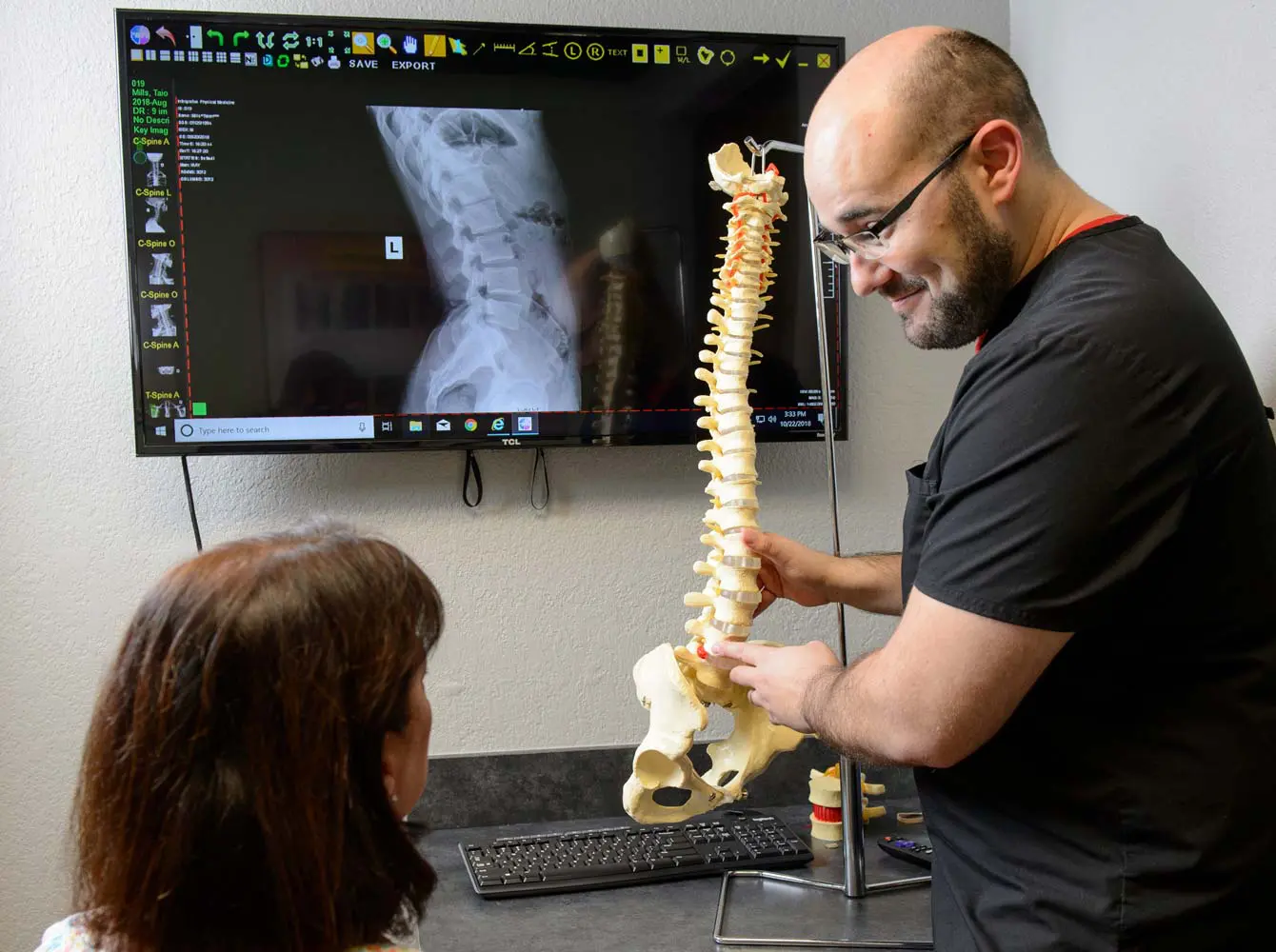Meet Complete Care
Affordable Auto Accident Healthcare From The Team That Cares.
Since 2011, Complete Care has helped thousands navigate recovery and PIP insurance claims after auto accidents with professionalism and clinical excellence. We’re bringing back the “care” in healthcare and our promise is to provide you with a patient-first experience.
We offer walk in, same day, and telehealth appointments throughout Central Florida, so you can be seen quickly as an alternative to going to the ER or urgent care.
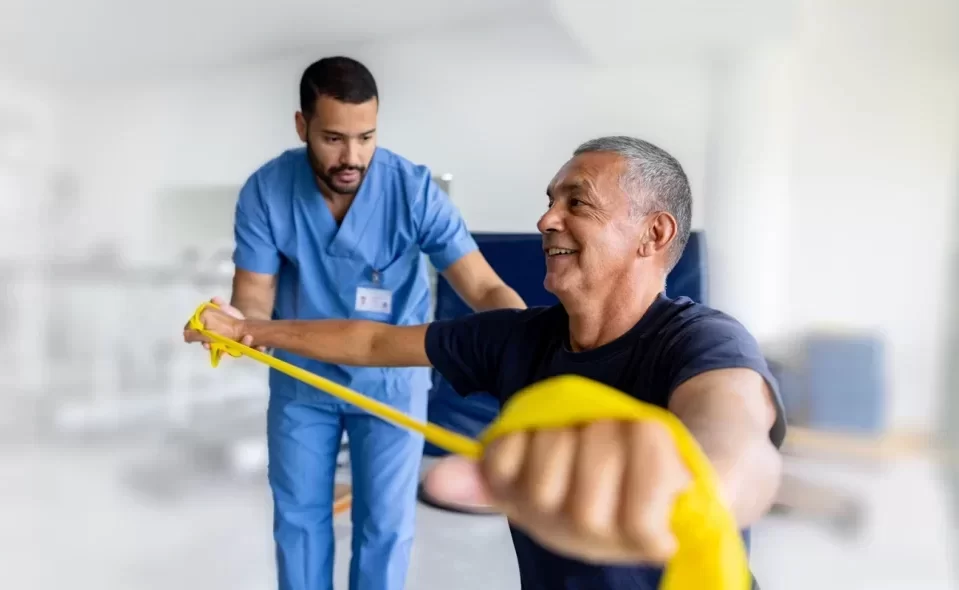
27 Convenient Neighborhood Locations Across Central Florida, Lakeland-Winter Haven and Brevard County.
Loading Your Nearest Locations…
New to Complete Care?
Schedule an Appointment Today
Appropriate post-car accident treatment can often detect injuries and give you peace of mind if you’re not sure of the extent of your injuries. Our auto accident clinics also offer on-site treatment and rehabilitation. To request an appointment, call us at (844) 699-2273 or find a date and time that works best for you on the calendar.
We’ve Helped Thousands Recover From Auto Accident Injuries
Read TestimonialsAbout Complete Care
Comprehensive, Caring and Affordable Healthcare for Injuries
Complete Care is a multi-specialty healthcare facility that focuses on helping patients recover (fully) after an auto accident. We take a holistic approach and offer our patients convenient injury care with rehab, imaging, orthopedic and neuro professionals all under one roof.


